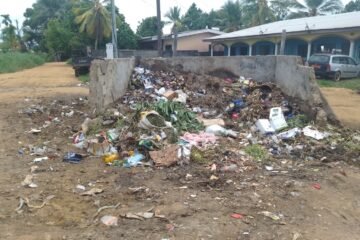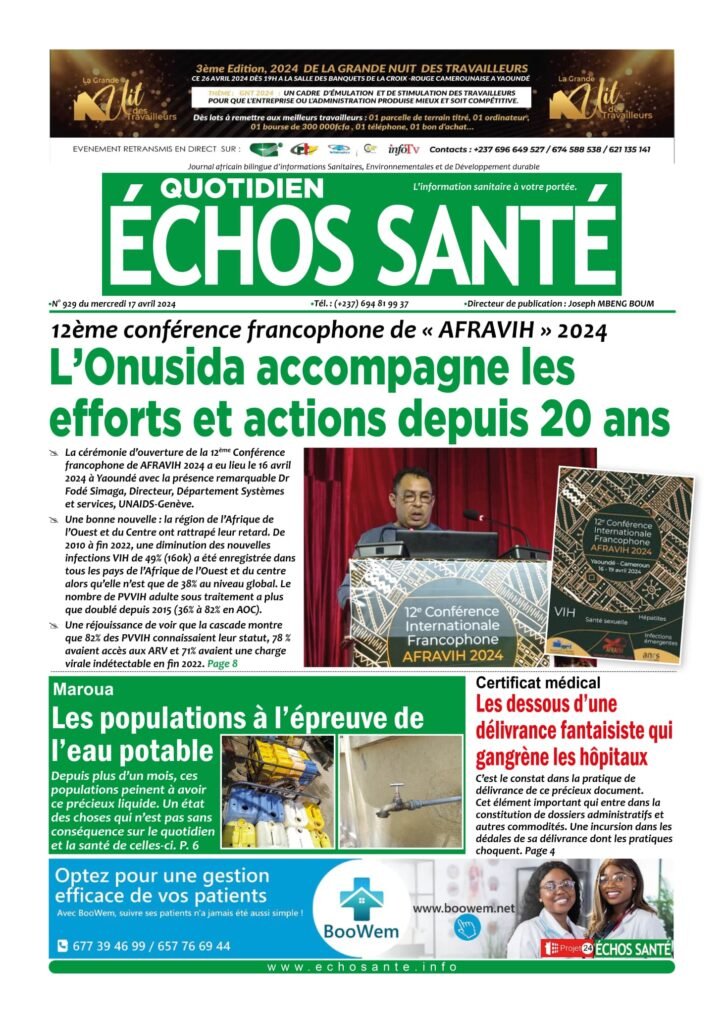Scientists and Journalists Follow a Delicate Perspective on Palm Oil

As part of a series addressing palm oil issues from a scientific perspective, the Center for International Forestry Research (CIFOR), through its Oil Palm Adaptive Landscapes (OPAL) project and the Society of Indonesian Science Journalists (SISJ), has hosted an international discussion entitled “Palm oil: Beyond controversy – What science says about palm oil and what journalists have found.”
To create more sustainable wide-scale solutions to problems faced by the Palm Oil industry, it is critical to explore opportunities in the “grey areas” of large-scale and high-profit international supply chain. Palm oil has long been a polarizing topic in national and international media, frequently painted either as a critical source of low-cost vegetable oil and a godsend to numerous tropical economies, or as a dangerous force of deforestation, pollution, labour exploitation, cultural and biodiversity decline.
The reality of what this palm oil is, and could be for communities, countries, consumers and ecosystems, is far more nuanced than what many scientists publish. This is according to information revealed by Journalists during this webinar held in late May, 2021. Taking the state of affairs of Palm Oil production in Cameroon for example, Joseph Mbeng Boum, the publisher of Échos Santé who représented Cameroon, the lone African county at the conference reported that oil palm has been grown commercially in the country since 1908 and has scaled up considerably in the past 20 years, although not without controversy. “Many conservationists and scientists, and most of the public, consider it to be one of the greatest threats to tropical biodiversity, while many others, especially oil palm producers, the government and communities living off the cultivation benefit from high agricultural and financial returns from these plants,” he said.
Mbeng Boum further reiterated the importance of improving planning and governance processes in order to maximize positive impacts for oil palm cultivation in Cameroon. “The government needs to deliver a comprehensive strategy catered to bridging the rapid expansion and sustainable development of the sector. To do so, it is essential to engage all actors involved,” he noted. While science can play a useful role in informing this process, Mbeng Boum highlighted that many local actors in the Cameroonian context do not have a lot of trust in scientists, and believe their input should not surpass that of stakeholders and populations that understand the reality on the ground.
Unlike the publisher of the Cameroonian daily newspaper, Échos Santé, scientists and Journalists from other continents, notable Asia presented the situation of palm oil in their areas. Jaboury Ghazoul, a tropical ecologist at Swiss university ETH Zurich and OPAL project co-founder, described the role of scientists working in the palm oil sector as one that not only provides new evidence, new knowledge, collects data and build models, “but… also to facilitate discussions across many different actors who are often in conflict.”
Erik Meijaard, co-chair of the International Union for the Conservation of Nature (IUCN) Oil Palm Taskforce, presented some of the latest global data on palm oil’s contribution to both economies and environmental issues: particularly in comparison to other vegetable oils. “People still underestimate the major role that oils play in our daily lives, whether it’s for foods, for cosmetics, surfactants, or biodiesel, and a whole bunch of other things,” Meijaard said.
Irma Tambunan, a journalist for Indonesian newspaper Kompas Daily spoke about how oil palm expansion had affected the Orang Rimba Indigenous people_ half of their living space has been converted to oil palm monoculture. “The opening of oil palm plantations is a sign of development in the region,” said Tambunan.
At the end of the day, scientists and Journalists were called upon to play a critical role of science reporting in the oil palm sector, both in terms of building up faith in scientific processes and actors, and of informing the sector’s ongoing development with as much comprehensive, inclusive and multidisciplinary knowledge as possible They are all working towards ensuring a more sustainable and prosperous future for the landscapes and communities in which oil palm plays a role.
Ingrid KENGNE














